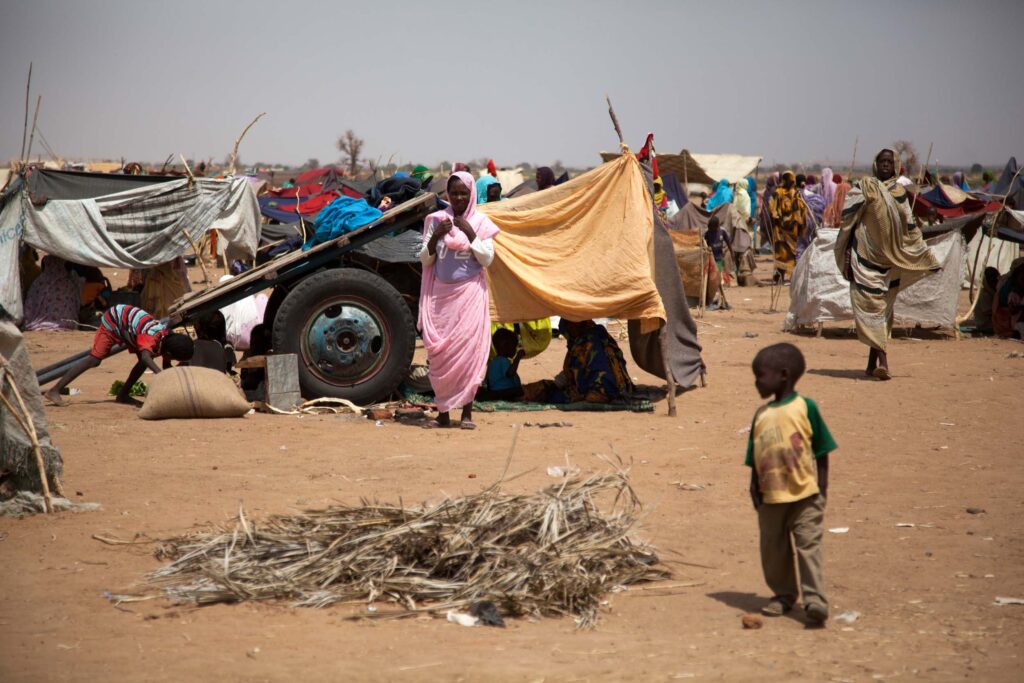South Darfur health centre closure sparks new humanitarian crisis

Kalma camp for the displaced near Nyala in South Darfur (File photo: Albert González Farran / UNAMID
South Darfur’s health authorities announced the closure of a primary health centre in the capital of Nyala, citing a critical shortage of medical supplies and an inability to treat patients, last week. Dr Essa Abdelrahman, the centre’s director told Radio Dabanga that over 56 villages and at least 6,000 displaced people are now lacking essential health services.
According to some metrics, the current conflict between the Sudanese Armed Forces (SAF) and paramilitary Rapid Support Forces (RSF) have caused an exceptional 80 per cent loss in health infrastructure across South Darfur. This is to say nothing of the crucial health supplies that were also looted, further compounding the state’s health woes.
Radio Dabanga’s examined efforts by the Ministry of Health’s Director of the Health Emergency Department Hafez Mohamed Nour to restore and resume the affected health institutions across South Darfur. Nour’s plans outlined a strategic operation to reinstate services, both holistically and operationally.
The director added that all efforts must be made to “avert further loss of life in South Darfur”.
In early September, doctors in the South Darfur capital of Nyala reported that several health facilities, including a number of hospitals, are out of service.
Ahmed El Tijani, a paediatric specialist, stated that at least three private clinics and three hospitals – Nyala Teaching Hospital, parts of the Nyala Specialist Hospital, and the Nyala Police Hospital – are out of service. The Italian Children’s Hospital ceased inpatient services due to staff shortages.
Airstrikes in Nyala
Nyala has been the seat of power to the RSF since their siege on the SAF barracks in late October. Direct fighting between the Sudanese Army (SAF) and the RSF in Nyala paused since the latter took control of the city in October.
However, warplanes of the Sudanese Air Force reportedly bombed several places in Nyala, last week.
Listeners from Nyala told Radio Dabanga that the air strikes have become a “haunting concern” for the city’s residents “after they felt a little stable in recent weeks.”
Ariel bombardments killed at least 10 people and wounded 37 people, according to a statement by the Emergency Lawyers Group.
People told Radio Dabanga from Nyala that the bombardments targeted the neighbourhood near the city’s airport, the stadium, and the Malja Market. In addition to other air strikes, they reported “four barrel bombs falling on the city”.








 and then
and then